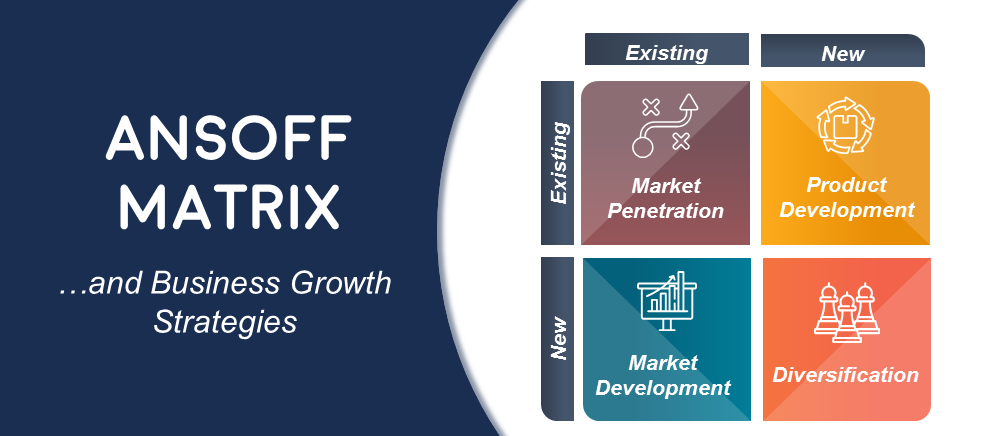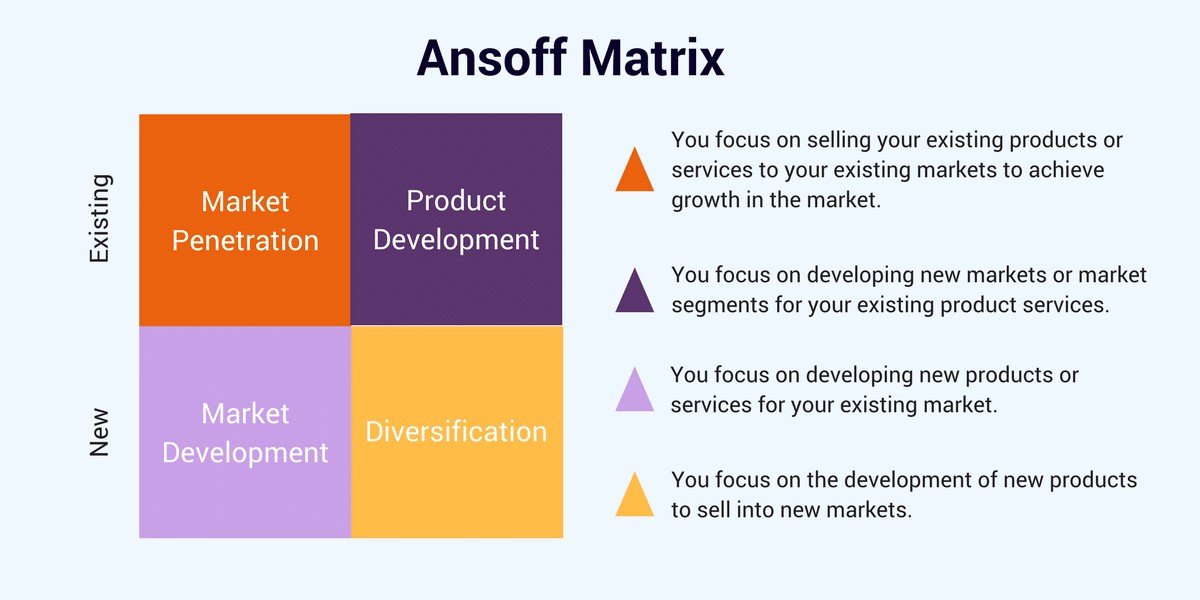Dr Ikechi Agbugba talks about growth strategies to thrive in businesses, with a focus on Africa. “While I was growing up, I saw agriculture as an adventure” says Dr Ikechi. During his academic career he combined agriculture with economics, which still inspires him in his work today. Watch his lecture above, and join the discussion!
Some researchers have expressed displeasure starting or doing business in most African nations, especially in Sub-Saharan Africa (SSA). "There are no good areas for investment", they say. Others find Sub-Saharan Africa quite interesting and profitable. Africa has the potential to be the most profitable region in the world. As records shows, the global figure for engaging in business is 7.1%. For instance, the companies that wield bountiful profits in Africa abound. Sonatrach's turnover from oil and gas alone was $33.2 billion in 2017. MTN Group's turnover was about $10 billion and Dangote Group's turnover was $4.1 billion.
Growth, as defined by Dr Ikechi Agbugba (guest lecturer at Texilla American University), is a process of increase in size, stature or even status with desirable increases in all aspects of life. Strategy is an actionable plan designed to achieve a long-term overall objective or even purpose.

The Growth Strategies
Market Penetration: As indicated in the Ansoff Matrix diagram below, a market penetration strategy involves increasing market share among the key-players, like the middlemen, in an existing market. There are common methods which includes lowering prices or using techniques like direct-marketing (from the producer or manufacturer or farmer to the final consumer) so as to create customer awareness of your offerings.
Market Development: The market development strategy is about entering a new market with existing products. A new market can refer to a different geography (e.g. international expansion), a new segment of customers, or new channel to reach customers, such as adding an online store to complement your brick-and-mortar location.

Product Development: The product development strategy involves creating new products for existing markets. This can be as simple as a fruit & vegetable shop offering mixes of selected products, or as complex as introducing an entirely different product line, like if the fruit & vegetable shop began selling ice-cream.
Diversification: The diversification growth strategy holds the greatest risk of failure. Creating new products for new markets implies that the business is a trailblazer. As a result, its challenging to know how to succeed, although the rewards are higher if you do. For instance, Apple convincing us that we needed a tablet, which is an entirely new product category, to complement our laptops and smartphones. Whichever growth strategy is employed, you will likely utilize some business development principles since the goal is to develop the entire organization.

Dr Ikechi Agbugba specialized in Agribusiness and Food and Agricultural Marketing in his MSc and PhD degrees. He has carried-out researches in this area for many years. During his Postdoctoral Research Fellowship he had the opportunity of co-supervising MSc and PhD students in smallholder agriculture and agribusiness development. At the moment, he plays diverse roles as Director and Senior Advisor & Member of Administrative Board for a good number of international networking volunteer organizations. Dr Ikechi is a Co-founder Director, as well as Research and Development/International Coordinator for Africa Agriculture Agenda, a Pan African Agro-Media company that features & publishes stories of Africa’s agriculture economy potentialities, championing business collaboration towards transformation of the agriculture/agribusiness sector.
His professional and career vision is geared towards contributing to the on-going transformation and developmental initiatives in rural communities and agro systems, enhancing decision-making processes and improvement of teaching and management support tools, as well as identifying and strengthening entrepreneurial capacities and potentials of communities through extension programmes in line with food and agribusiness activities, which will, to a reasonable extent halve poverty thereby ensuring food security.
We must note that there are dimensions of bottlenecks facing businesses in Africa, that range from institutional, economic, political or social challengesIt is true that most countries of SSA levy high taxes on businesses, rendering the atmosphere unfavourable for business take-off. On top of that we must note social challenges and institutional, economic and political and leadership bottlenecks. They marginalize Africa's economy, slow down the development of finance and result in poor health-care delivery, poor and infrastructure and doing little about climate change.
Growth, as defined by Dr Ikechi Agbugba (guest lecturer at Texilla American University), is a process of increase in size, stature or even status with desirable increases in all aspects of life. Strategy is an actionable plan designed to achieve a long-term overall objective or even purpose.

The Growth Strategies
Market Penetration: As indicated in the Ansoff Matrix diagram below, a market penetration strategy involves increasing market share among the key-players, like the middlemen, in an existing market. There are common methods which includes lowering prices or using techniques like direct-marketing (from the producer or manufacturer or farmer to the final consumer) so as to create customer awareness of your offerings.
Market Development: The market development strategy is about entering a new market with existing products. A new market can refer to a different geography (e.g. international expansion), a new segment of customers, or new channel to reach customers, such as adding an online store to complement your brick-and-mortar location.

Product Development: The product development strategy involves creating new products for existing markets. This can be as simple as a fruit & vegetable shop offering mixes of selected products, or as complex as introducing an entirely different product line, like if the fruit & vegetable shop began selling ice-cream.
Diversification: The diversification growth strategy holds the greatest risk of failure. Creating new products for new markets implies that the business is a trailblazer. As a result, its challenging to know how to succeed, although the rewards are higher if you do. For instance, Apple convincing us that we needed a tablet, which is an entirely new product category, to complement our laptops and smartphones. Whichever growth strategy is employed, you will likely utilize some business development principles since the goal is to develop the entire organization.

Dr Ikechi Agbugba specialized in Agribusiness and Food and Agricultural Marketing in his MSc and PhD degrees. He has carried-out researches in this area for many years. During his Postdoctoral Research Fellowship he had the opportunity of co-supervising MSc and PhD students in smallholder agriculture and agribusiness development. At the moment, he plays diverse roles as Director and Senior Advisor & Member of Administrative Board for a good number of international networking volunteer organizations. Dr Ikechi is a Co-founder Director, as well as Research and Development/International Coordinator for Africa Agriculture Agenda, a Pan African Agro-Media company that features & publishes stories of Africa’s agriculture economy potentialities, championing business collaboration towards transformation of the agriculture/agribusiness sector.
His professional and career vision is geared towards contributing to the on-going transformation and developmental initiatives in rural communities and agro systems, enhancing decision-making processes and improvement of teaching and management support tools, as well as identifying and strengthening entrepreneurial capacities and potentials of communities through extension programmes in line with food and agribusiness activities, which will, to a reasonable extent halve poverty thereby ensuring food security.
Related



Outstanding Article
Thank you @Sofonie Dala!
Great to hear how interesting/outstanding the article is. Feel free to share link with your contacts
Very informative indeed. We, Afrikans can eliminate hunger, and certain diseases and illnesses that are enhanced by hunger.
Informative
It is very informative and clear. But, the challenge is how to bring these strategies into practice in African countries since it requires huge capital and Africa is relatively capital scarce region.